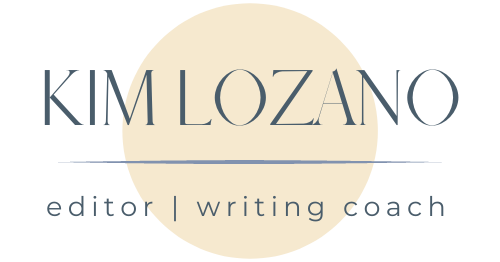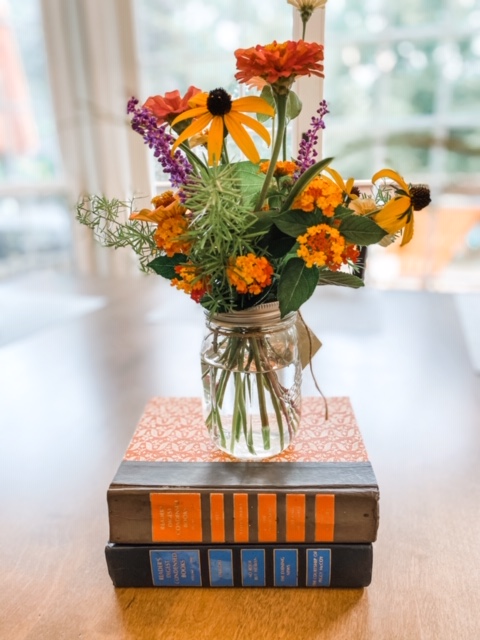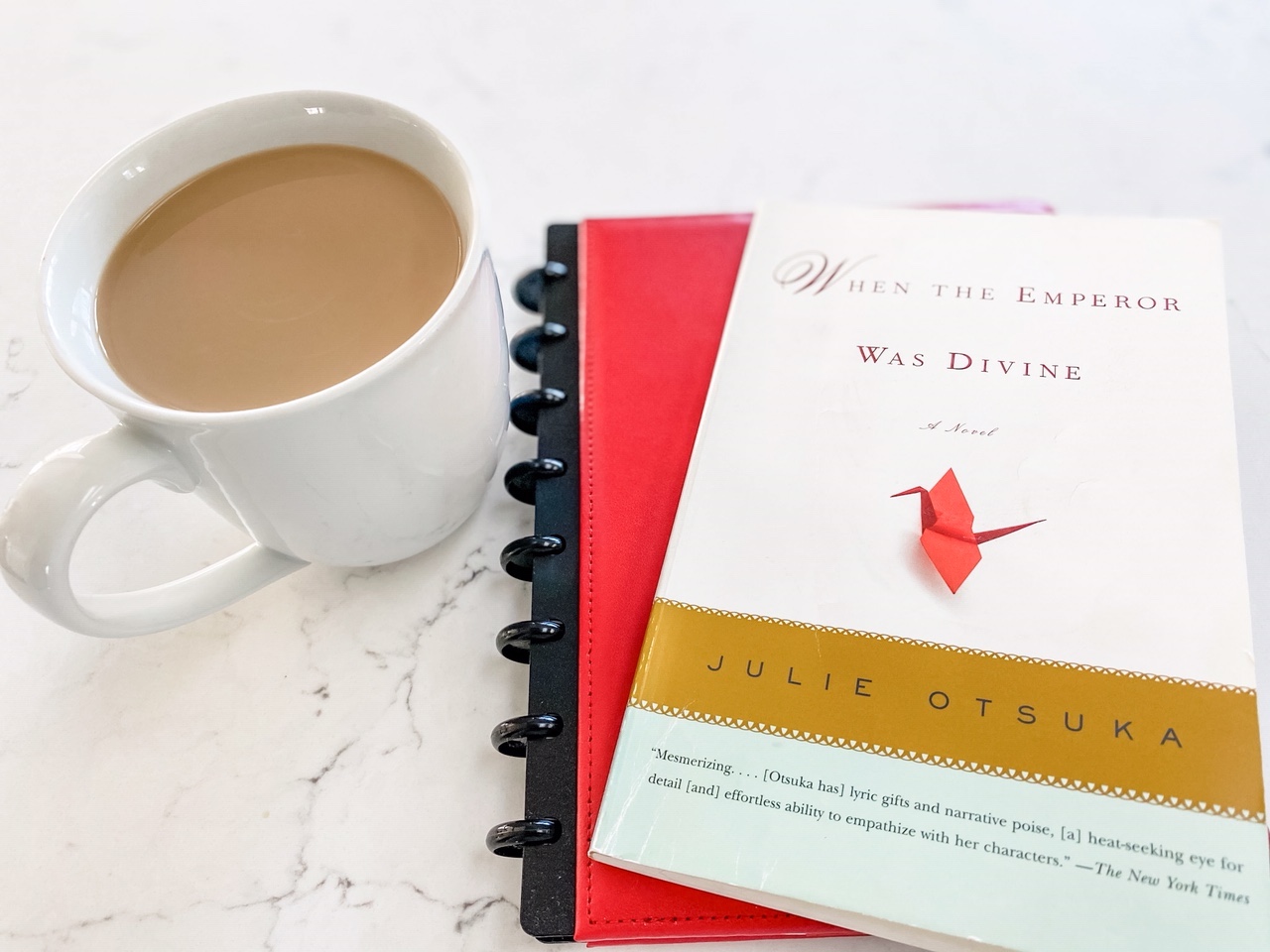The First Line of Your Memoir

The first line of your memoir (or essay or novel) might come to you early on, fully formed. Or it might be a line you compose late in your drafting cycles. Either way, at some point you’ll have to evaluate it for the work it’s doing.
Your opening sentence is a tone-setter, and you want your approach to the entire piece to be conveyed starting from sentence one. No need to start with humor if you’re not going to keep up the wit. And an overly-revised sentence full of lush description won’t match the rest of a story told in a simpler style.
Remember that the first line of your memoir is an invitation to your reader. If you’re tempted to start with facts and data (My hometown of Harper, KS is a rural community of around 1,500 residents, situated 40 miles southwest of Wichita.) reconsider. Of course, your story will convey information to your readers, but you must do it through the experience you give them, starting with the first sentence.
When I need some help with my own creative work, I often turn to my trusty bookshelf. I grab a few books and scan them for specific elements. In this case, I encourage you to get a stack of memoirs and write or print out their first sentences.
You’re likely to find inspiration for your own first line by examining the approach of others. Here are some first sentences I pulled from memoirs I own:
“When my aunt died, I found among her effects a beautiful silver-backed Victorian hand mirror.”
-Loren Eiseley, All the Strange Hours
“My mother believes she gave birth to an angel.”
-Kathleen Finneran, The Tender Land
“My mother’s hair is long, straight, and black.”
-Nadia Owusu, Aftershocks
“If a man can chart with any accuracy his evolution from small boy to barfly, mine began on a hot summer night in 1972.”
-J.R. Moehringer, The Tender Bar
“When I was three and Bailey four, we had arrived in the musty little town, wearing tags on our wrists, which instructed—“To Whom It May Concern”—that we were Marguerite and Bailey Johnson Jr., from Long Beach, California, en route to Stamp, Arkansas, c/o Mrs. Annie Henderson.”
-Maya Angelou, I Know Why the Caged Bird Sings
“My mother and father were born in the most beautiful place on earth, in the foothills of the Appalachians along the Alabama-Georgia line.”
-Rick Bragg, All Over but the Shoutin’
“In certain latitudes there comes a span of time approaching and following the summer solstice, some weeks in all, when the twilights turn long and blue.”
-Joan Didion, Blue Nights
“What began it all was the bright bone of a dream I could hardly hold onto.”
-Michael Ondaatje, Running in the Family
“The thing you can count on in life is that Tennessee will always be scorching hot in August.”
-Ann Patchett, Truth and Beauty
“I used to have a cat, an old fighting tom, who would jump through the open window by my bed in the middle of the night and land on my chest.”
-Annie Dillard, Pilgrim at Tinker Creek
“On June 4, 1963, I walked off the graduation stage of Beaufort High School without a single clue about where I was attending college next year of if I’d be attending one at all.”
-Pat Conroy, The Death of Santini
What I notice about every one of these opening sentences is that they are visual. Look again at Maya Angelou’s opening sentence. The “musty” town and the children wearing tags on their wrists elevates the passage from mere information-giving to an experience for the reader.
Even the last example by Pat Conroy, which contains a date and high school name, lifts itself out of the mire of dull data by giving us the image of the young writer walking off the graduation stage into an unknown future. And I’m catching hints at tone and voice in that “without a single clue.”
The purpose of page one, and specifically sentence one, is not to explain but to entertain. Check out this post for some more ideas from famous writers about story beginnings. See if you can write a first line you’d be proud to pin above your desk. Set a tone. Make it visual. Make it experiential. Make it sing.






